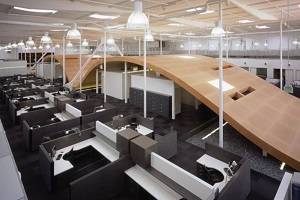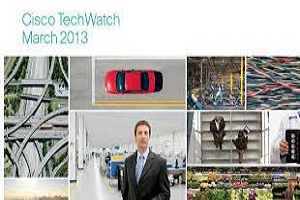March 21, 2013
Muted response from built environment sector to Budget 2013
 There’s been a muted reaction by the building and construction sector to the Budget announcement of a boast to infrastructure investment and relief that revised energy management regulations are likely to be pushed through. CIBSE has welcomed the news that the Government will be giving a detailed response to last year’s Consultation on changes to Part L of the Building Regulations, which covers energy efficiency, by May 2013. The body which represents building services engineers had raised concerns that delays in changes to Part L of Building Regulations in England should not hold up much needed, cost beneficial changes to Part L for the non-domestic market.
There’s been a muted reaction by the building and construction sector to the Budget announcement of a boast to infrastructure investment and relief that revised energy management regulations are likely to be pushed through. CIBSE has welcomed the news that the Government will be giving a detailed response to last year’s Consultation on changes to Part L of the Building Regulations, which covers energy efficiency, by May 2013. The body which represents building services engineers had raised concerns that delays in changes to Part L of Building Regulations in England should not hold up much needed, cost beneficial changes to Part L for the non-domestic market.






























March 15, 2013
Where flexible working employees really want to work? Starbucks.
by Mark Eltringham • Comment, Facilities management, Technology, Workplace
More →